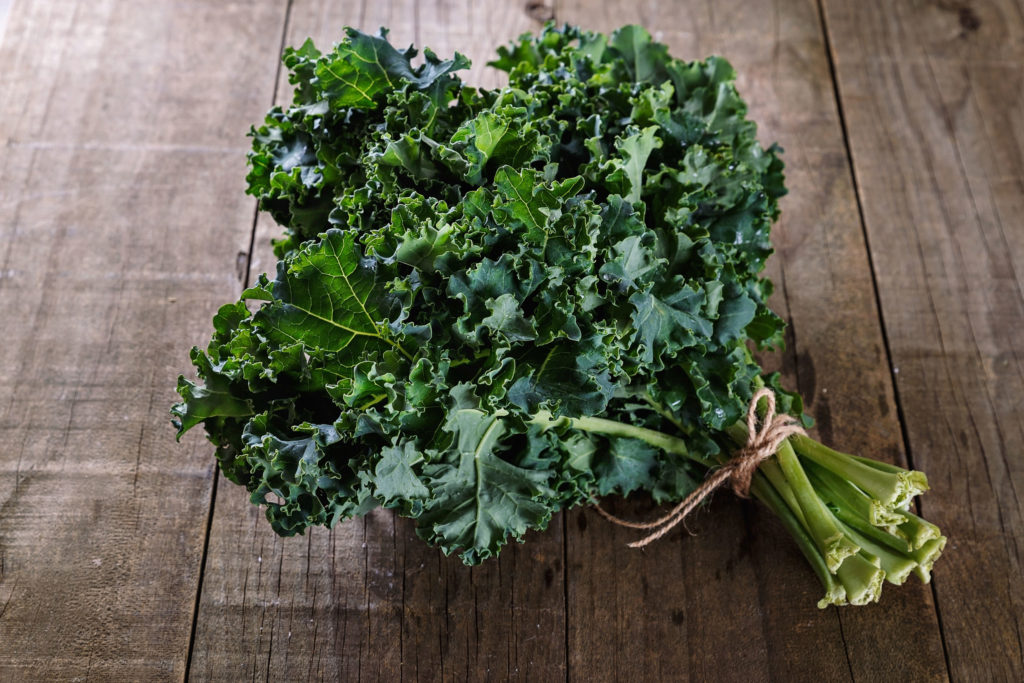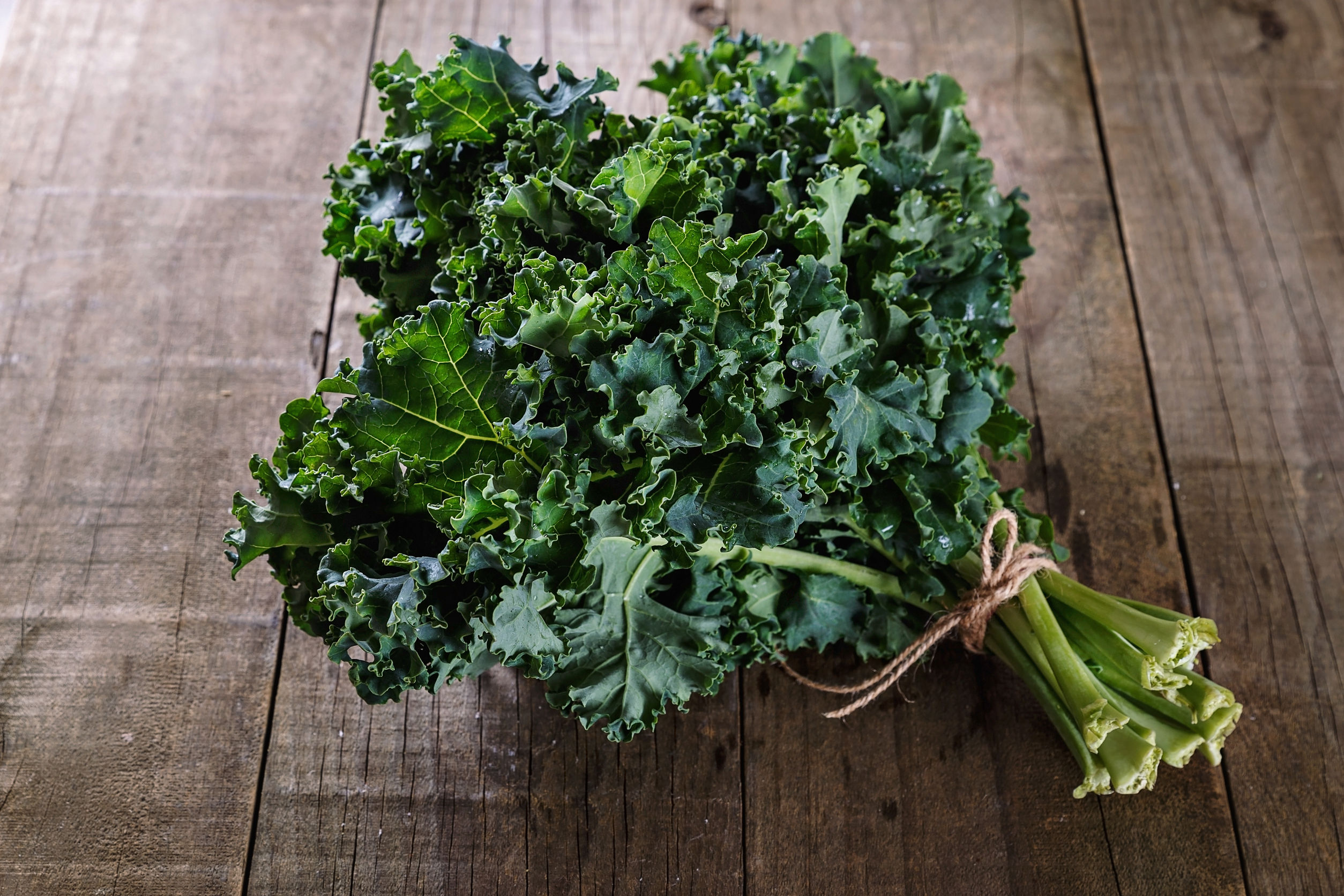
One of the 3 pillars of The Rustic Diet is Digestive Health. I thought I would spend a little time talking to you about why I think it’s so important to start with digestion.
The seat of health resides in the gut. Without optimal digestive function we are at risk for malnutrition and systemic inflammation. We unknowingly create a situation of chronic stress that fatigues the adrenal glands and ultimately depletes our health.
So many of us live with digestive imbalances that we may consider annoying but not concerning. However these annoyances can contribute to chronic health issues down the road.
Symptoms like heartburn, gas, bloating, constipation, diarrhea, or even just indigestion are all signs of dis-ease. If left untreated they may eventually contribute to larger health problems.
Symptoms like headaches, migraines, arthritis, eczema, allergies, fibromyalgia, overweight, or even autoimmune conditions can often be linked back to an irritated, inflamed and leaky gut.
Causes Of An Unhappy Gut?
The answer to this question is vast. The bottom line is there could be many potential causes or combinations of causes.
GI infections are a common cause. It’s estimated that most IBS is triggered by a gut infection or microbial overgrowth. Thankfully we can test for GI infections with blood tests, stool tests or even breath tests depending on what your provider suspects might be the culprit.
There is also the scenario, which is very common, of a gradual progression or worsening of digestive symptoms over time. As we age we naturally produce less stomach acid and digestive enzymes that could be contributing to the problem.
Hormonal changes can also cause changes in the digestive system. So events like pregnancy or menopause can disrupt our digestive balance.
Stress is also a huge disruption to digestive balance. And who isn’t under some level of chronic stress?
Medications, especially antibiotics, are another contributor as are toxins (read pesticides and chemicals) in our food.
Furthermore we may be eating foods that are actually creating irritation and inflammation in the gut that we’re not aware of. Examples of this would be with lactose or gluten intolerance.
Whatever the cause(s) eventually the irritation to the gut results in injury and damage to the intestinal lining and a situation known as leaky gut arises.
Leaky Gut
Leaky Gut is also known as intestinal permeability syndrome. It’s a condition where the tight junctions between your colon cells become “leaky” and allow substances to pass through the lining of the wall and into your bloodstream. These substances could include undigested food particles, toxins, bacteria, yeast, or parasites, which will then circulate throughout the body resulting in a chronic inflammatory immune reaction.
Once the inflammation spreads from your gut into the rest of your body a host of symptoms could appear. From my experience how it represents itself is different for every person. As I mentioned above it could be in the form of chronic achiness or pain, skin issues, headaches, or allergies to name a few.
Because so many of us are dealing with some version of the above scenario I always include a thorough digestive assessment when I work with clients. Until we heal the gut it is next to impossible to lower chronic inflammation and effect change in the rest of the body.
Where To Start?
Regardless of what might be causing the digestive distress, everyone can start with some basic guidelines to better support their digestion.
- Eat real food, as clean as possible, and with as little processed foods as possible.
- Stay hydrated with pure water, herbal teas, green tea, fresh vegetable juices or broths. Stay away from ice cold beverages, particularly with a meal.
- Eat in a calm and relaxed state; preferably in the company of others and sitting at a table.
- Take your time, eat slowly and chew your food really well. Digestion begins in the mouth and when we eat quickly we skip this critical step.
- Add fermented foods to your diet, such as plain yogurt or kefir with active cultures, raw sauerkraut, miso, kombucha, or kimchi.
These 5 steps alone could make a big difference in your digestive ability and comfort. If symptoms persist it will be important to work with a qualified practitioner who can help you identify the root causes and incorporate more specific dietary or supplementation strategies to lower inflammation, restore microbial balance, and ultimately heal your gut.
